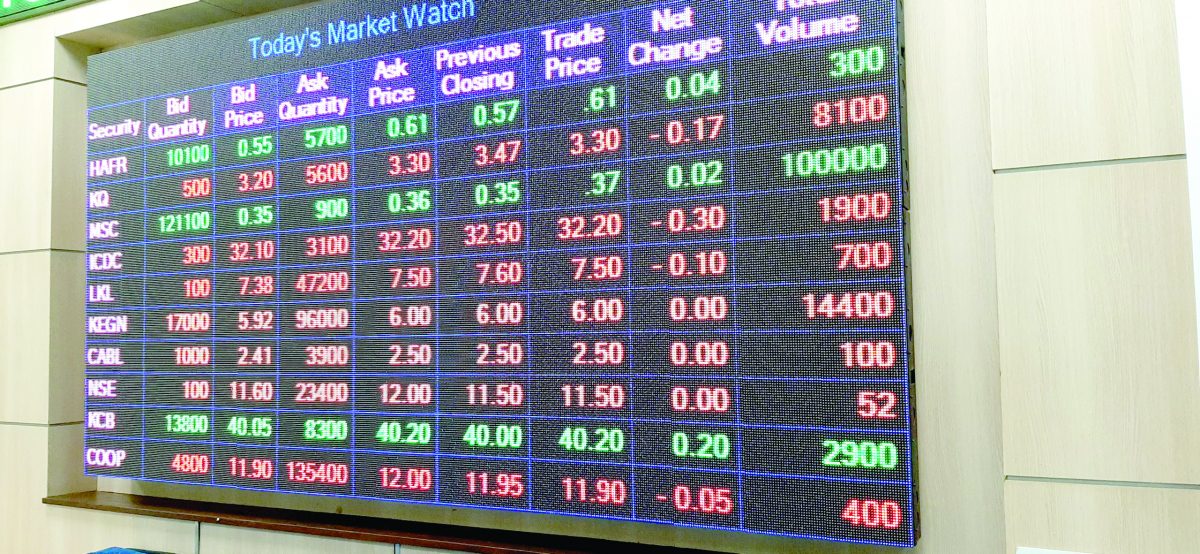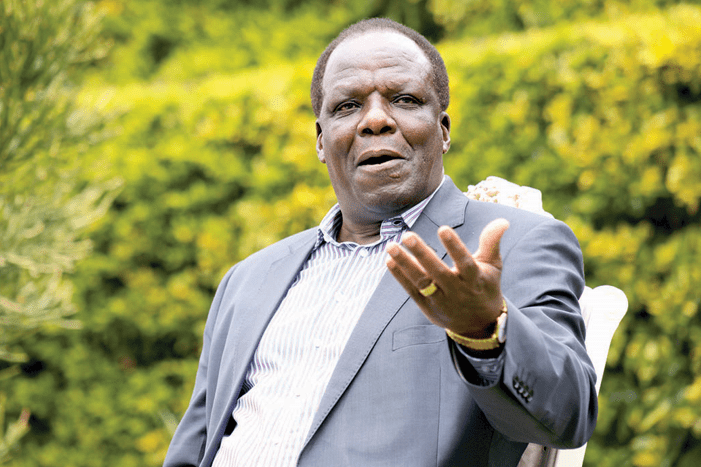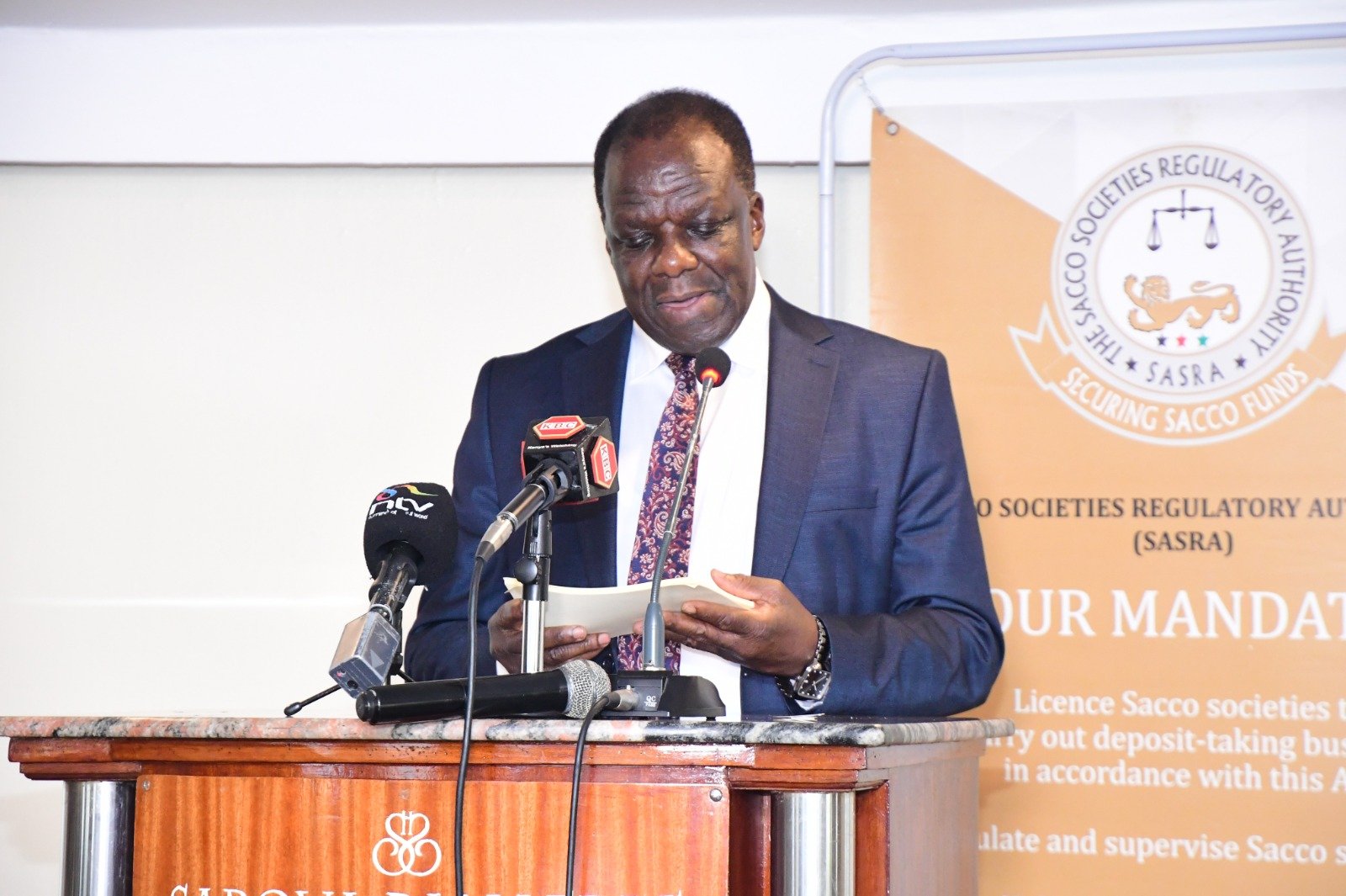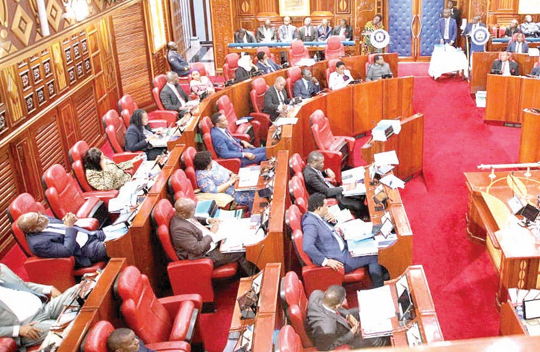Stock market dips as risk signs mount

Financial giant Goldman Sachs has raised concerns over Kenya’s increasingly slow momentum on fiscal consolidation, as the country faces mounting pressure on foreign exchange reserves.
The ramifications of this fiscal challenge have led to a surge in short-term yields and an increase in credit risk, it says.
The US-based firm noted that Kenya’s financial stability has come into question as its forex reserves experience a downward trend.
Stock market
This decline has resulted in higher short-term yields, reaching an astonishing 15 per cent on government short-term paper last week. Simultaneously, the Kenyan stock market has seen a significant slump in activities, further intensifying concerns about the country’s economic health.
“Kenya’s slowing momentum on fiscal consolidation as downward pressure on forex reserves implies somewhat higher short term yields and increased credit risk,” the bank said in a research note.
The bank, however, says Kenya has sufficient reserves to service the upcoming Eurobond given that the next major redemption comes in 2027.
“We think the reserve buffer is sufficiently large to allow Kenya to muddle through from an external perspective,” the bank’s research team said.
The bank’s statement comes in the wake of consecutive undersubscriptions of Treasury bills (T-bills) during recent auctions. Investors have been closely monitoring these developments as they seek to understand the implications for the country’s financial landscape.
Cyton Investments for example noted in its weekly market review that investors continued to favour the shorter 91-day paper, with bids totaling Sh16.1 billion against an offered amount of Sh4.0 billion.
This undersubscription trend, which persisted for the second consecutive time, has raised eyebrows among market participants. While the overall subscription rate for this week’s auction was 84.1 per cent, it was still lower than the previous week’s undersubscription rate of 92.1 per cent. This consistent pattern indicates a shifting dynamic in the market and a change in investor sentiment.
One of the key factors contributing to these concerns is the dwindling foreign exchange reserves. Kenya’s forex reserves have been decreasing, even as the exchange rate continues to slide against the US dollar.
Foreign exchange reserves are critical for a nation’s financial stability, as they are used to make debt payments and fund essential imports like oil and medicine.
However, the Central Bank of Kenya (CBK) has reassured the public that the country’s usable foreign exchange reserves remain at a sufficient level. As of September 21, these reserves were reported to be at $6,955 million, equivalent to 3.8 months of import cover. This statement from the CBK suggests that the country still possesses the necessary resources to service its upcoming Eurobond obligations, with the next major redemption not due until 2027.
Despite the reassurance from the CBK, the concerns raised by Goldman Sachs and the ongoing fiscal challenges in Kenya underscore the need for careful financial management and a concerted effort to bolster the country’s economic stability.
The recent surge in short-term yields and consecutive T-bill under-subscriptions serve as clear indicators that market confidence may be wavering.
As Kenya navigates these economic challenges, the eyes of both domestic and international investors will remain fixed on the country’s financial developments, seeking clarity and reassurance regarding its fiscal health and economic resilience








